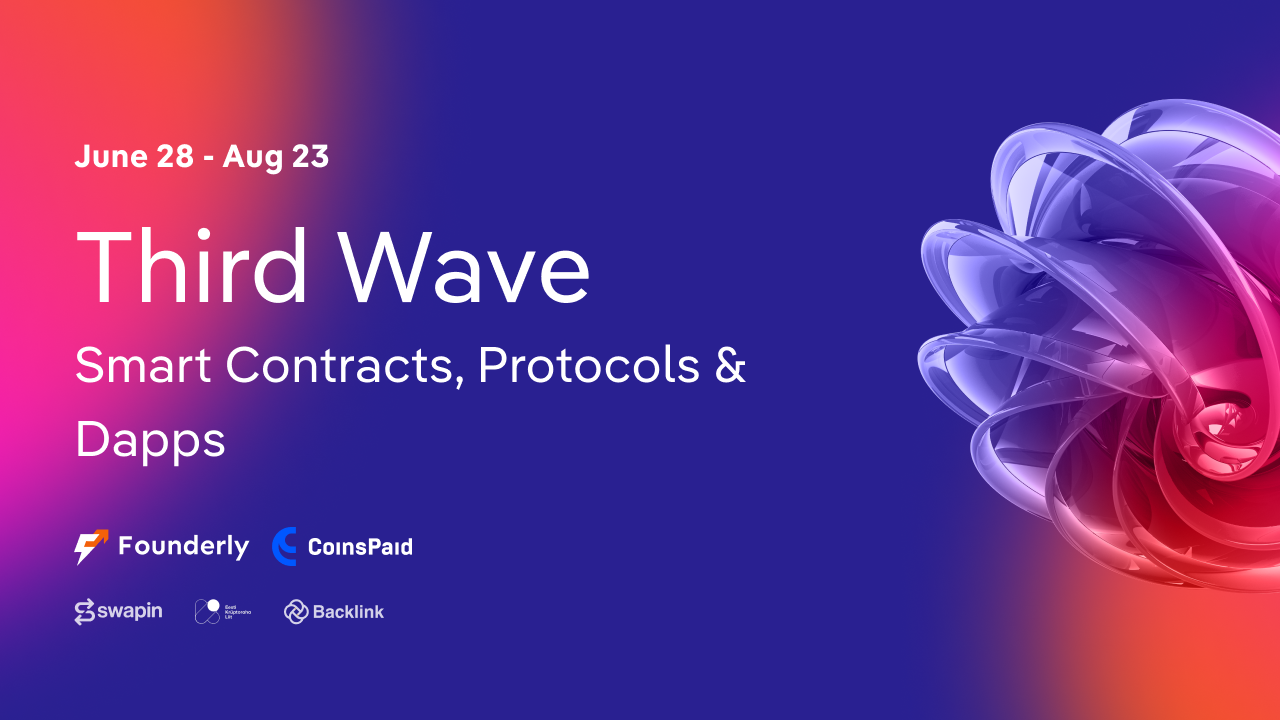Smart Contracts, Protocols & Dapps

Smart Contracts
Smart contracts are computer programs that can be programmed onto a blockchain. They are able to define the terms of a given transaction and then execute those terms once a certain input or trigger occurs.
Nick Szabo, a cryptographer and programmer, described the principle of smart contracts in 1996. He envisioned them as digital protocols for information transfer that use mathematical algorithms to automatically execute a transaction once the established conditions are met and that fully control the process. However, at the time this conception could not be realized. The necessary technologies did not exist.
Smart contracts can streamline business transactions, reducing the need for third-party intermediaries. They are self-executing and reduce the likelihood of error. Smart contracts also offer security and transparency advantages by virtue of being recorded on a blockchain.
Decentralized Apps (Dapps)
Dapps are decentralized apps, much like regular apps. They may offer the same functions, but their key difference is that they are run on a peer-to-peer network, such as a blockchain, using smart contracts.
For a good overview of dapps, check out DappRadar. It lists thousands of dapps built on networks such as Ethereum, BNB Chain, and Polygon.
Protocols
Protocols are sets of rules that determine how data can be exchanged between computers. For cryptocurrencies, they establish the structure of blockchains.
Protocols aren't exclusive to cryptocurrency—they're fundamental to how the internet works. Email is based on several protocols, for instance. HTTP stands for "hypertext transfer protocol."
Here are some no-code/low-code tools you may want to look into.
Decentralized applications, which run on a blockchain and utilize smart contracts and crypto protocols, are creating a whole new vision for the future of the web.